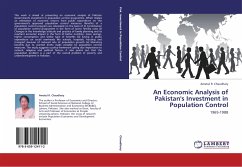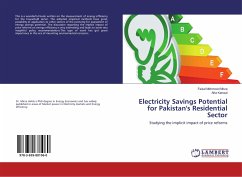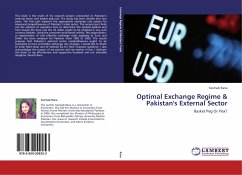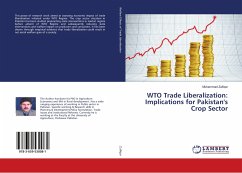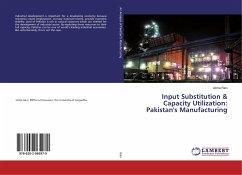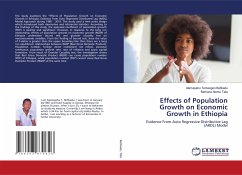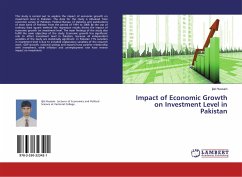This work is aimed at presenting an economic analysis of Pakistan Government's investment in population control programme. Which implies an estimation of economic returns from public expenditure on the government's approved population control measures. Benefits of a population control program are calculated on the basis of (i) Contribution of population control programme in the form of lower fertility rates (ii) Changes in the knowledge attitude and practice of family planning and its resultant economic impact in the form of better nutrition, more savings, higher consumption and similar type of benefits (iii) Saving in public expenditure on social overheads like schools, hospitals, housing and transport because of reduced rate of population growth (iv) Monetary benefits due to averted births made possible by population control measures. The study suggests a policy-framework giving due importance to cultural, religious and political factors. It also points out that the population problem is a part of the overall problem of poverty and underdevelopment in Pakistan.
Hinweis: Dieser Artikel kann nur an eine deutsche Lieferadresse ausgeliefert werden.
Hinweis: Dieser Artikel kann nur an eine deutsche Lieferadresse ausgeliefert werden.

